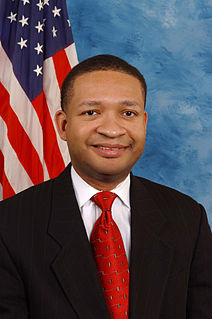A Quote by Layla Moran
For far too many, the housing crisis has become a human crisis, with people being criminalised who should instead be protected as our most vulnerable citizens.
Related Quotes
Housing in New York City has become too expensive for many average wage earners, let alone people with marginal incomes, who find themselves displaced to far-flung neighborhoods or to the streets. Racist discrimination in housing, which has been around for decades and follows centuries of slavery, has exacerbated the housing affordability crisis for people of color.
Obviously, our most pressing need is subsistence for the most vulnerable victims of Katrina, but we should not overlook the fact that the victims of Katrina also include middle-class Americans who have saved and invested, but now face an economic crisis, .. They should be able to tap into their savings and meet this crisis without facing an unfair penalty.
... it is not a crisis of our environs or surroundings; it is a crisis of our lives as individuals, as family members, as community members, and as citizens. We have an 'environmental crisis' because we have consented to an economy in which by eating, drinking, working, resting, traveling, and enjoying ourselves we are destroying the natural, god-given world.
In an ironic sense, Karl Marx was right. We are witnessing today a great revolutionary crisis, a crisis where the demands of the economic order are conflicting directly with those of the political order. But the crisis is happening not in the . . . West, but in the home of Marxism-Leninism, the Soviet Union. It is the Soviet Union that runs against the tide of history by denying human freedom and human dignity to its citizens.
We sometimes emphasize the danger in a crisis without focusing on the opportunities that are there. We should feel a great sense of urgency because it is the most dangerous crisis we have ever faced, by far. But it also provides us with opportunities to do a lot of things we ought to be doing for other reasons anyway. And to solve this crisis we can develop a shared sense of moral purpose.
The financial crisis and the Great Recession demonstrated, in a dramatic and unmistakable manner, how extraordinarily vulnerable are the large share of American families with very few assets to fall back on. We have come far from the worst moments of the crisis, and the economy continues to improve.


































